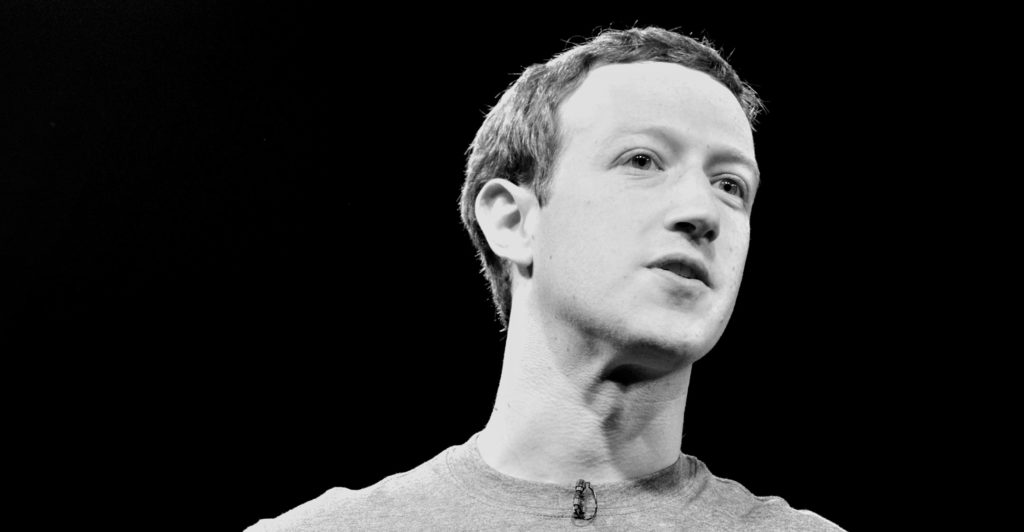
Mark Zuckerberg used to want everyone to like Facebook Inc. Now, he doesn’t care anymore.
Zuckerberg, Facebook’s CEO, warned that this year he will take strong, controversial positions on issues facing his company. He is making the change after being told that for the last decade, Facebook didn’t communicate its plans clearly because its management was too worried about offending people.
“This led to some positive but shallow sentiment towards us, and then towards the company,” Zuckerberg said on an earnings call on Wednesday. “And my goal for this next decade isn’t to be liked, but to be understood. Because in order to be trusted, people need to know what you stand for.”
Over the last decade, Facebook has invested heavily in monitoring whether the company and its executive team were liked and respected, or considered innovative. It was an exercise that seemed to fit a tech giant that created the iconic “Like” button, and made strides in monetising users’ interests. The company has regularly polled users on what they think about Facebook, and asked if they believe it is making a positive impact on the world.
Zuckerberg hired speechwriters and consultants with political experience. In 2017, Zuckerberg went on a multi-state US tour to factories and farms and diners, professional photographer in tow — a charm offensive that was likened to a presidential campaign.
The strategy hasn’t worked. Zuckerberg has become a favourite punching bag for politicians, regulators and even celebrities. The company has come under fire from all sides, simultaneously facing criticism that it allows damaging misinformation to spread too quickly, and attacks that its moderation of users’ posts amounts to censorship.
Surveillance
Some note that Facebook’s business model relies on a frightening level of surveillance of its users, while others push against the company’s plans for encrypting the data on its messaging apps, saying that move would create a haven for predators and criminals.
Zuckerberg says it’s time for him to take sides. He will push for encryption, he said, “against those who say that privacy mostly helps bad people”. He will also aim to limit Facebook’s control over what people say and how they organise on the social network. And he will defend Facebook’s advertising-based business model, which though it relies on user data, he said equates to “standing up for serving every person in the world”, not just those who could afford to pay a subscription fee.
“These positions aren’t always going to be popular, but I think it’s important for us to take these debates head-on,” Zuckerberg said. “So expect more of that this year.” — Reported by Sarah Frier, (c) 2020 Bloomberg LP




